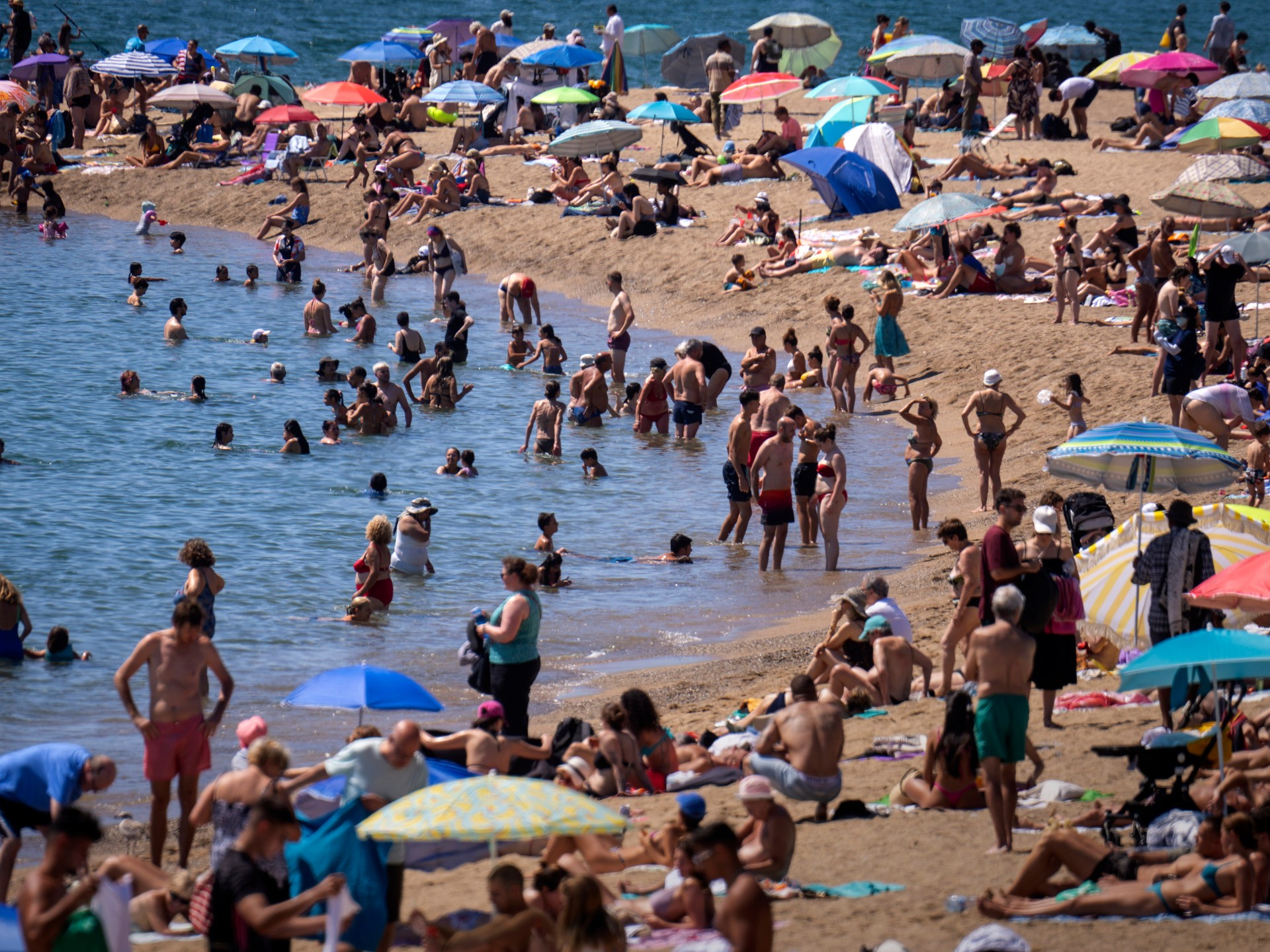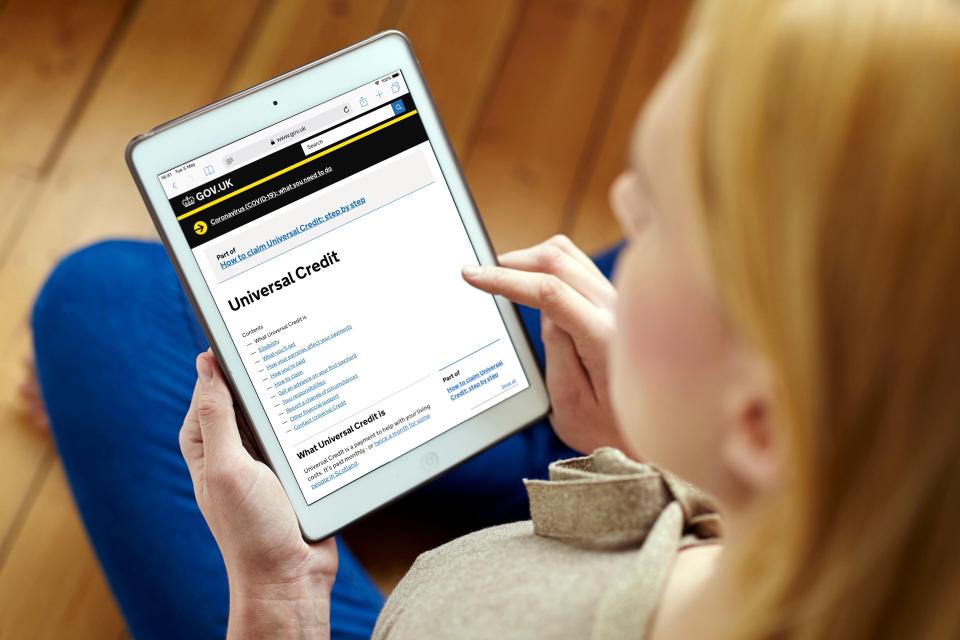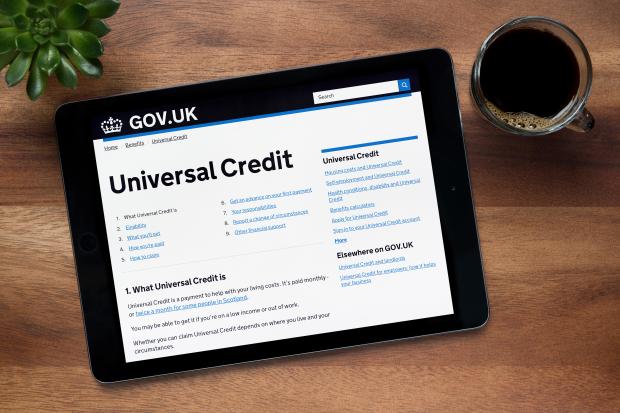The travel fan explained how she planned to save on her flight fees by not paying for extra luggage
A travel lover who told passengers not to pay for luggage on flights has shared the £10 hack she recommends to cut costs. Posting on Instagram, Ashleigh Money Saver explained how an under-seat bag from Home Bargains could help Ryanair passengers save on fees.
She recommended the retailer’s £9.99 Salisburys Under Seat Bag, which is available in pink or black. According to the product description, the bag measures approximately 40x20x25cm. As such, passengers could use it as their free small bag when flying with Ryanair, preventing the need to purchase cabin or checked baggage.
The creator used her Home Bargains bag to pack for a four-night city break. Her caption said: “Don’t pay extra for luggage! I got this under-seat cabin bag from @homebargains for just £9.99 and managed to fit SO much in for my 4-night city break! Perfect size for Ryanair flights where every penny counts!”
In the video, she explained how she fit all her essentials in the small bag and demonstrated her packing method. She recommended using packing bags to help compress clothes, and she opted for items she could style multiple ways.
“I pack a capsule collection, so I know I can mix and match everything,” she explained. The savvy shopper added two pairs of shoes, two pairs of shorts, three tops, one shirt, a dress, and a playsuit to her bag.
She also packed underwear, toiletries, makeup, sunglasses, a small bag, a phone charger and an adaptor. As seen in the video, the creator used a Primark makeup bag and mini travel toiletries to save space.
Instead of a bottle of shampoo and conditioner, she used small packets. She also decanted her aftersun and foundation into smaller bottles.
By the time she finished packing, there was still room for more. “There’s still plenty of room for more items, should you wanna add anything else or buy anything as a token,” the shopper added. She also praised the bag’s design, adding: “I love the colour and it also comes with a handy strap inside.”
Explaining the bags’ features, Home Bargains’ product description reads: “Salisbury Under Seat Bags solve modern travel issues of the check-in case. A fantastic size bag that is versatile for the needs of your modern travel. Large open zipped storage compartment with small zip side pouch.”
However, it’s not the only choice for shoppers looking for space-saving luggage. Although dimensions vary, and it’s always best to check with your airline before travel, Home Bargains offers a range of travel-ready luggage items.
The options include a £9.99 Salisburys Weekend Bag, a £9.99 Salisburys PU Leather Weekender Bag, and a £9.99 Salisburys PU Leather Rucksack. The retailer also offers travel accessories such as a luggage strap, luggage tags, combination locks, and toothbrush adaptors.










